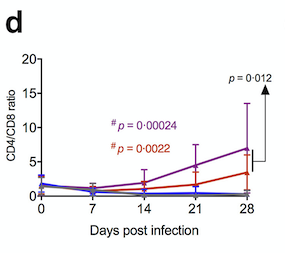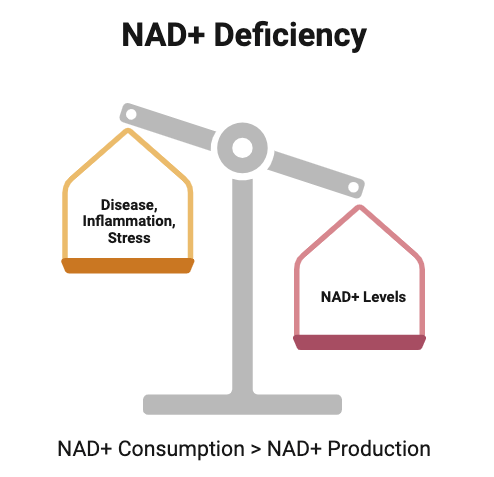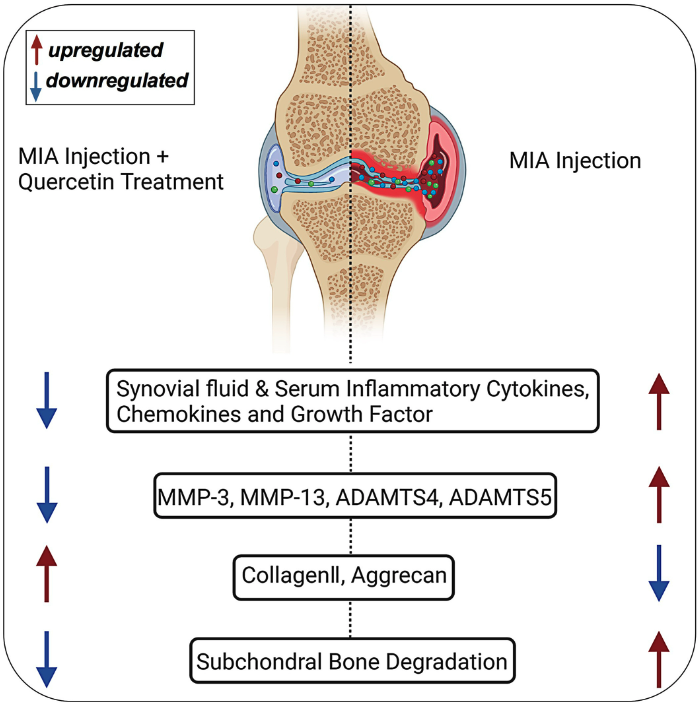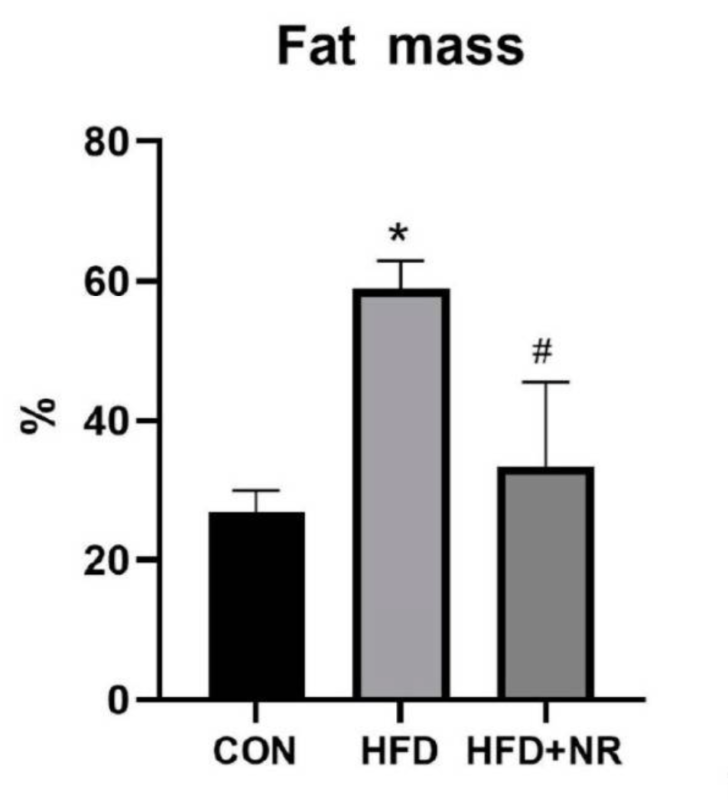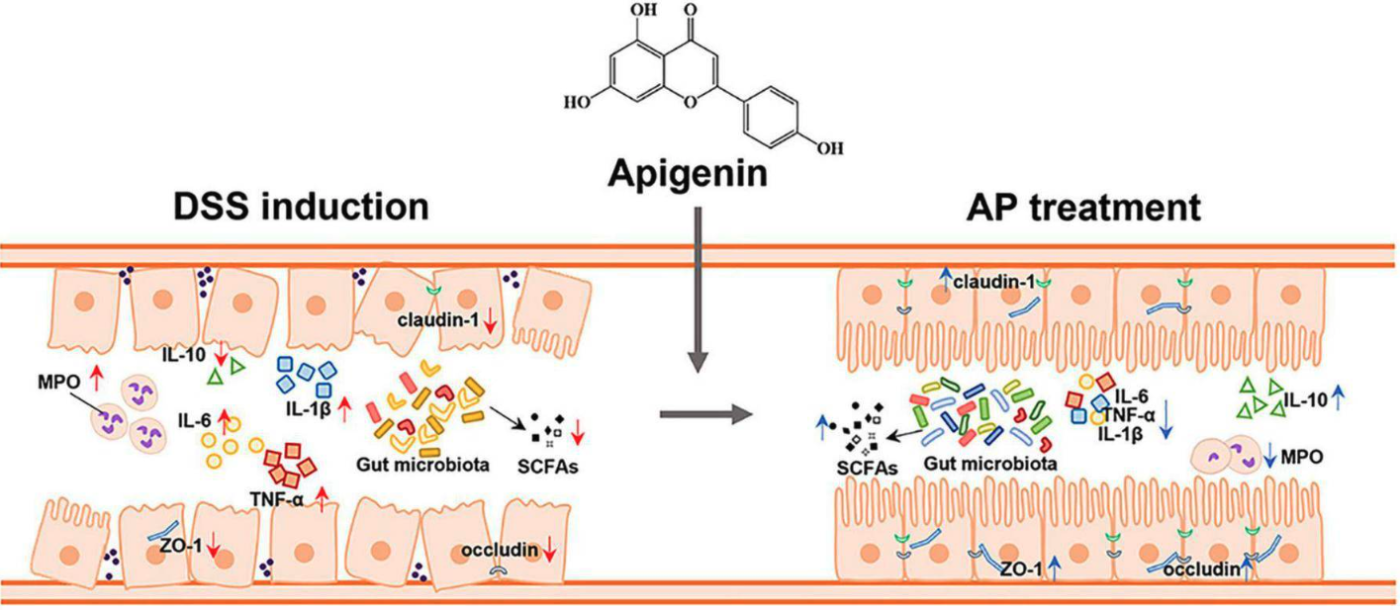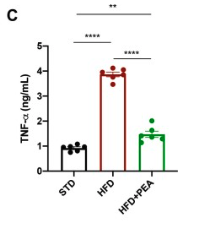A recent literature review explored the impact of extracellular NAD+ on the inflammatory response.
Category Archives: Immune System
“We demonstrated that NMN could ameliorate psoriasis-like symptoms and inflammation in an IMQ-stimulated mouse model and improve therapeutic prognoses by activating the SIRT1 pathway.”
“Results from the humanized mouse study demonstrated that NMN treatment could improve the therapeutic effect of cART in vivo on reconstituting CD4+ T cells and improving CD4/CD8 ratio significantly over time.”
Many diseases and biological stressors disrupt NAD+ metabolism and are associated with low levels of NAD+, such as obesity, infection, alcohol consumption, and high blood pressure.
Hesperidin is a flavonoid, a type of plant compound that has been shown to have a wide range of health benefits. It is found primarily in citrus fruits, such as oranges, lemons, grapefruit, and limes. Hesperidin exhibits anti-inflammatory and antioxidant activity, protecting cells from two key contributors to the onset of age-related and chronic diseases: inflammation and oxidative stress.
Modern research supports the traditional uses of Ashwaganda, showing it may help reduce stress, anxiety, fatigue, improve cognitive function, boost the immune system, and help manage blood sugar levels.
This study showed that Quercetin protected rats with osteoarthritis against bone and cartilage damage by reducing inflammation and modulating levels of proteins associated with cartilage health.
This study showed that NR supplementation protected mice from HFD-induced metabolic dysfunction, specifically through protecting mitochondrial function in the skeletal muscle.
This study examined the effects of Apigenin on inflammation, gut barrier integrity, and the gut microbiome in mice with ulcerative colitis (UC).
More than 240 clinical trials have been conducted to understand the potential health effects of Resveratrol. Evidence suggests Resveratrol may enhance longevity, heart health, glucose and fat metabolism, and bone health.
This study showed that P.E.A. protected mice from HFD-induced anxiety-like behavior and inflammation. “As our data demonstrated, the blunted synthesis of pro-inflammatory cytokines by PEA can stop this vicious cycle among brain immune cells, limiting the progression of enduring neuroinflammation.”
A clinical trial examined Coenzyme Q10’s (CoQ10’s) effects on episodic migraines in women, finding significant reductions in migraine frequency, duration, severity. CoQ10 also reduced the levels of TNF-ɑ and CGRP, a peptide linked to migraines that promotes inflammation and pain signaling.
- 1
- 2



